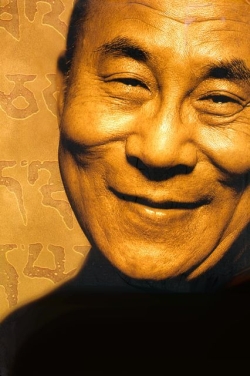
Buddhist counselling and psychotherapy
Julie is a long time practising Buddhist in the Mahayana tradition and together with mainstream qualifications in Psychotherapy and Counselling, holds an Advanced Diploma in Buddhist Psychotherapy. She has also completed the two year professional development course in Buddhism and Psychotherapy with the Australian Association of Buddhist Counsellors and Psychotherapists (AABCAP).
In the last two decades Buddhist philosophy and psychology has been influencing Western counselling and psychotherapy practices. A rich exchange of ideas and integration of practices is now happening. Buddhist notions on the nature of mind, personality, behaviour and emotions together with techniques and strategies for working with people experiencing emotional, physical and spiritual pain and suffering, continues to positively influence the work of many Western mental health practitioners.
Buddhist psychotherapy provides an important alternative view of human pain and suffering to Westerners in that it does not pathologise, mythologise nor demonise human experience. Buddhist psychology premised on the Four Noble Truths provides a theory of pain and suffering arising from the mind, from self-centredness, aversion and attachment. Through the development of awareness, concentration, mindfulness and insight together with skilful actions, compassion and balance people are assisted to heal and transform their lives.
When working from a Buddhist perspective, Julie uses a variety of contemplative, expressive and energetic techniques aimed at helping people develop a depth of awareness of what is happening in the present. This awareness focuses on, and encompasses, all energies, sensations, feelings and mental processes and their expressions in the body. By staying in the present we become aware of how we relate to our experience, how we shape our past experiences in the present, and our identification and attachment with them. Breathwork forms a central part of this therapy.
It is important to note that Buddhist Psychotherapy is not meditation although some meditative techniques may be employed in therapy. The aim of Buddhist Psychotherapy is to stablilise the 'self', to assist the client with self-realisation and self-growth. Buddhist Meditation is concerned with spiritual enlightenment and requires the meditator to have a stable and reasonably strong sense of personal identity in order to undertake practices that challenge the very notion of a 'self'. For this reason a person may often do some psychotherapeutic work before beginning meditation.
Engaged Buddhism
Socially engaged Buddhism is a way of being and acting in the world where Buddhist principles and practices inform one's orientation to social justice, human rights and environmental conservation - the application of the dharma to the resolution of social and ecological problems.
Dr Patricia Sherwood in her book The Buddha is in the Street provides an eloquent definition of the Buddhist model of social change:
Socially engaged Buddhism is a way of being and acting in the world where Buddhist principles and practices inform one's orientation to social justice, human rights and environmental conservation - the application of the dharma to the resolution of social and ecological problems.

